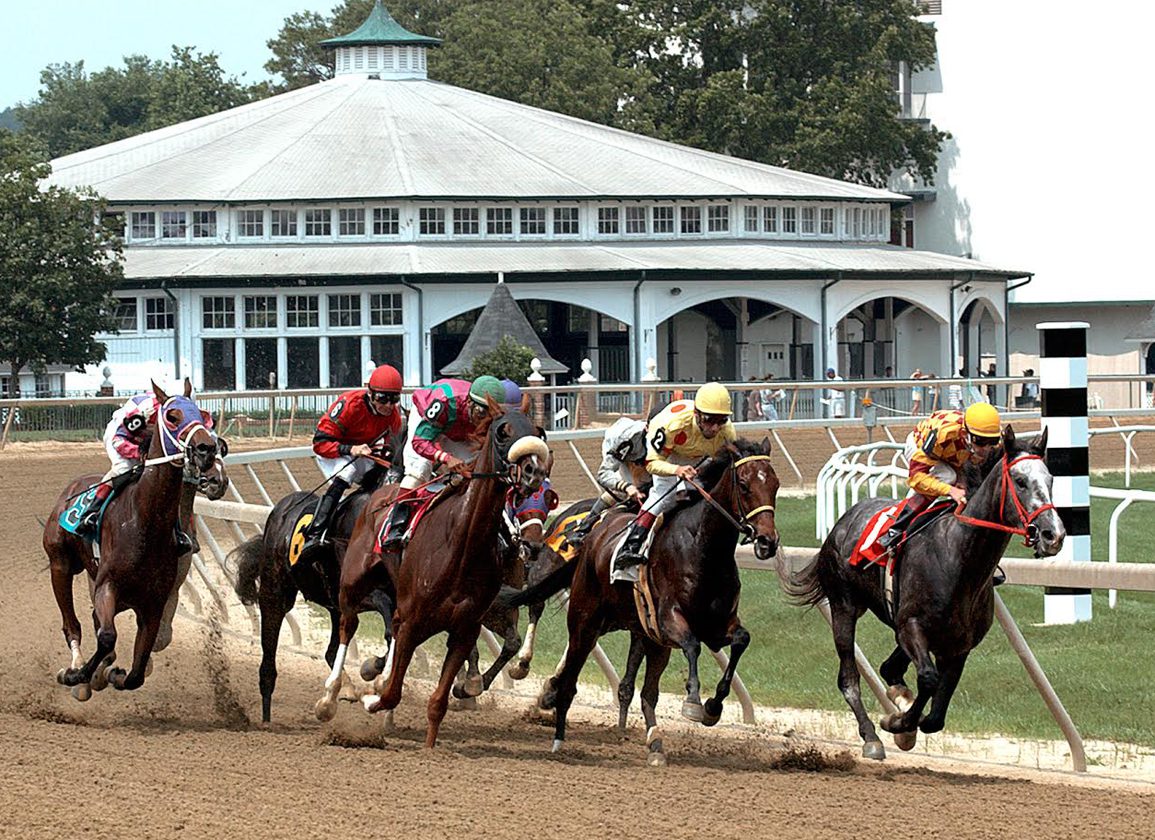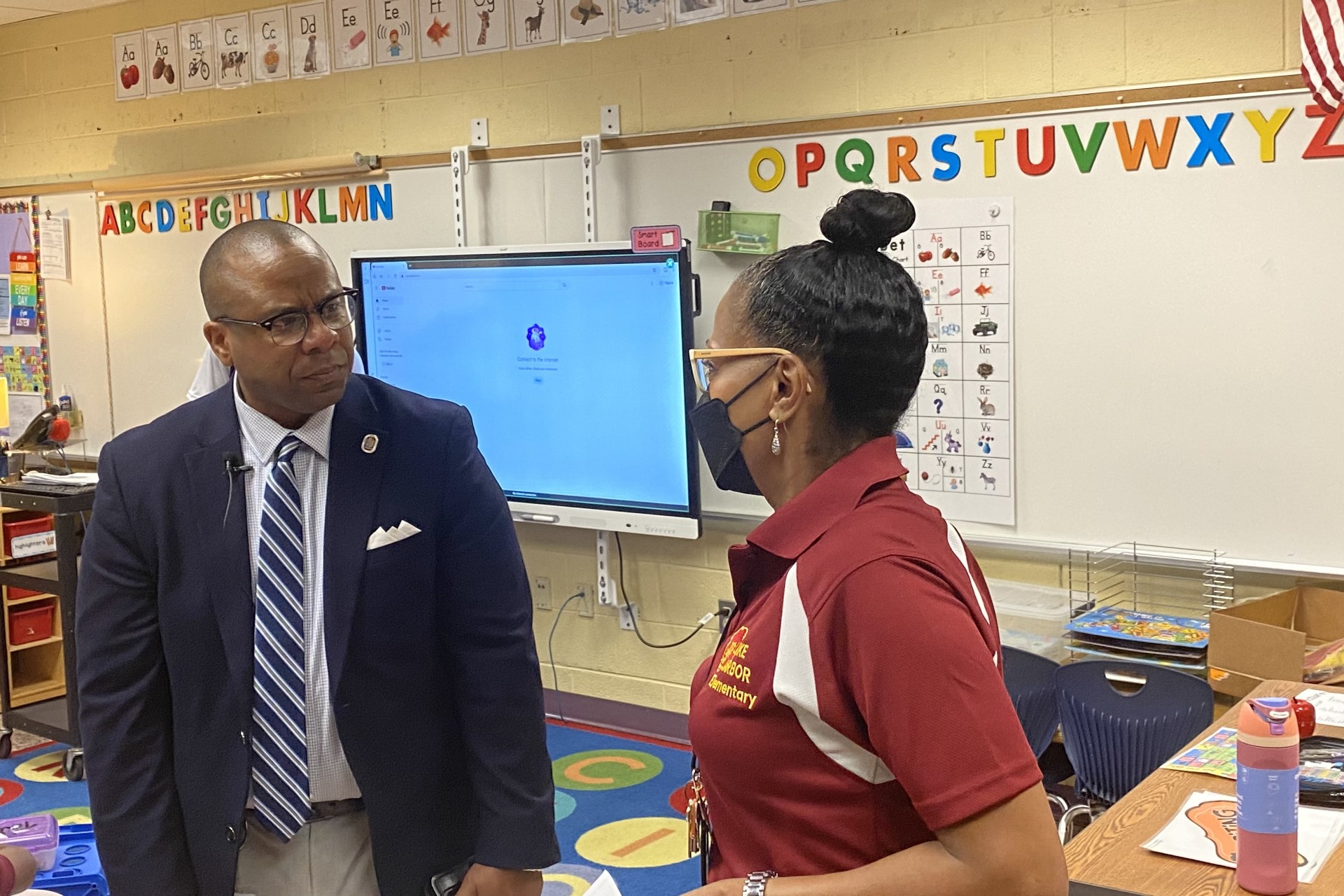Maryland
E-ZPass Scam Has Targeted 2K Drivers: What To Know In MD

MARYLAND — Scammers pretending to be E-ZPass toll road collectors are swindling drivers out of money. The Maryland Transportation Authority on Tuesday warned drivers about the scam.
The scammers are sending texts claiming to be “E-ZPass Toll Services.” The texts direct recipients to click a link to pay an outstanding toll balance to avoid a late fee.
This message is fraudulent. The toll account information provided in these texts is neither valid nor accurate.
E-ZPass warned customers to delete the texts immediately and told them to not click on any links in the text messages. Anybody who clicked the link and completed the form should immediately contact their financial institution and notify E-ZPass of any erroneous information posted to their accounts.
“Scam attacks through emails and text messaging are on the rise in our country and protecting the safety of E-ZPass customer information is of paramount importance to us,” E-ZPass Group Executive Director PJ Wilkins said in a press release. “We will continue to work with our partnering states to alert our customers of any criminal activity that places them at risk, and we encourage E-ZPass customers to be vigilant in ensuring that their personal and financial information is not compromised by falling prey to these fraudulent schemes.”
The FBI recently issued a public service announcement on the scam.
The FBI’s Internet Crime Complaint Center has received over 2,000 complaints from at least three undisclosed states about the claim.
Officials think the scam is moving from state-to-state with nearly identical language and similar “outstanding toll amounts.”
The phone number and the link provided, which impersonates the state’s toll service name, seems to change between states.
E-ZPass customers who receive the text should file a complaint with the FBI’s Internet Crime Complaint Center at ic3.gov.
Maryland E-ZPass customers wishing to pay their real balances should contact DriveEzMD at 1-888-321-6824. A live chat is available at driveezmd.com Monday through Friday from 7 a.m. to 8 p.m. and Saturdays from 8 a.m. to 2 p.m.
In-person Customer Service Centers are open Monday through Friday from 8:30 a.m. to 4:30 p.m. Extended hours are in effect Saturdays from 8 a.m. to noon and Thursdays from 8:30 a.m. to 6:30 p.m. A list of center locations is posted at driveezmd.com/contact-us.

Maryland
MHF Announces Maryland Thoroughbred Career Program Participants

Tuesday, May 21, 2024 at 9:12 am |
Back to: Top News
Updated: May 21, 2024 at 9:15 am
A group ranging from high school juniors to college graduates make up the participants for the seventh edition of the Maryland Thoroughbred Career program, the Maryland Horse Foundation announced Tuesday.
This year’s participants are: Kate Benjamin (Westminster, MD); Daria Bogdanov (Baltimore, MD); Emily Cross (Westminster, MD); Keely Flynn (Harwood, MD); and Claire Superczynski (Sykesville, MD).
“Every year, with the Maryland Thoroughbred Career Program, we look forward to introducing our industry to a new group of young people”, says Cricket Goodall, executive director of the Maryland Horse Foundation. “We always learn from them about their interest in and experiences with horses, and their hopes for a continued connection in the future.”
Graduates of the MTCP are eligible for Career Development Funds, a one-time scholarship to support their post-MTCP career pursuits.
To follow the 2024 Maryland Thoroughbred Career Program participants June 3-7 on the Maryland Horse Foundation’s Facebook page.
For more information, click here. Applicants may also contact Cricket Goodall via email [email protected] or by phone 410-252-2100 ext. 111.
Not a subscriber? Click here to sign up for the daily PDF or alerts.
Copy Article Link
Maryland
Gov. Wes Moore tells Maryland students to be tough during challenging times

Gov. Wes Moore told University of Maryland students to be prepared to make hard choices and be strong when faced with unexpected challenges in their lives and careers during his keynote speech at the university’s spring commencement Monday evening.
In his 15-minute speech at SECU Stadium in College Park, the Maryland governor urged graduating students to choose to be “tough” and step out of their comfort zone when confronting unforeseen challenges of the future. Moore evoked his slogan of “Maryland tough,” adopted in the aftermath of the collapse of the Francis Scott Key Bridge in Baltimore in March.
A livestream of the spring commencement, set to start at 7 p.m., was canceled shortly before the ceremony began because of technical difficulties, a UMD spokesperson said. The School of Public Health ceremony was postponed to Tuesday night because of a power issue at Xfinity Center. Where Tuesday’s ceremony would take place was unclear Monday night.
Other speakers included Darryll Pines, UMD’s president, Jennifer King Rice, UMD’s senior vice president and provost, and Tolulope Ajayi, Class of 2024’s student speaker.
“When people ask me, ‘What kind of training helped you respond when the unthinkable happened?’ My answer isn’t, ‘Well, you know I have a bachelor of arts in International Relations,”’ Moore said in prepared remarks provided to The Baltimore Sun. “My answer is, ‘I choose tough. That was my preparation.’”
The governor’s speech came the same day the 984-foot Dali, the ship that struck and knocked the Key Bridge into the Patapsco River, was refloated. The ship sat for 55 days under a span of the bridge weighing millions of pounds that crews used explosives to remove.
About 9,000 winter and spring graduates were honored for earning bachelor’s degrees at Monday night’s ceremony. Around 3,000 students received master’s degrees and 1,200 earned doctoral degrees. The Class of 2024 graduated from high school in 2020 during the peak of the coronavirus pandemic.
“The things that are hard are the things that last. The things that come easy are the things that don’t matter. And those who are willing to push will be the ones who are willing to prevail.” —@GovWesMoore #UMDgrad pic.twitter.com/a7Y8JE81kN
— Univ. of Maryland (@UofMaryland) May 21, 2024
Moore, an Army veteran who attended the Johns Hopkins University, said he’s a Terp by association as his wife, Dawn Moore, earned a degree in government and politics from UMD.
“You don’t just educate Marylanders — you create Marylanders — and I couldn’t be prouder to stand with you as the 63rd governor of the state we love,” Moore said.
The governor said he joined the Army at 17 because the military promised to pay his college tuition. His service prepared him for his future career as a business owner, as a father and as the first Black governor in state history. It also prepared him to quickly respond to a late-night phone call with the news that the Key Bridge was destroyed, the Port of Baltimore was blocked and six construction workers had been killed.
Moore said Monday that speedy salvage efforts have accomplished in weeks what was expected to take months, and that crews are on track to clear the harbor channel.
“Choosing tough is pushing yourself to your very limit — and then pushing some more,” Moore said. “And if you choose tough, I promise that you will be ready to take on the world.”
Maryland
Two-thirds of Maryland teachers are still white, MSDE data shows – Maryland Matters

Maryland’s teacher workforce still remains majority white, according to data recently released by the state Department of Education, but advocates are hopeful that new laws could help turn that around.
According to figures slated to be discussed by the state Board of Education on Tuesday, about 68% of teachers in classrooms during the 2023-24 school year are white. In comparison, about 20% of teachers are Black and about 5% are Latino or Asian.
That is little changed from the last five years. State data shows that for the five school years starting in 2019-20, the average percentage of white teachers in Maryland was 70%, while about 19% were Black and about 4% were Latino or Asian.
During that same time frame, the department’s report said, the racial disparity of students in the classrooms was markedly different: white students at 34%; Black students at 30%; Latino students at 21%; and Asian students at 7%.
In terms of local school systems, Prince George’s County and Baltimore City have the most teachers of color at 79% and 61%, respectively, this school year. Those also represent the state’s majority Black jurisdictions. Montgomery County, the state’s biggest school system, has the fourth-highest percentage of teachers of color, at 31%, just below the state average of 32%.
“We believe that when you have a diverse teaching force, it helps students of color see themselves. It also helps all students,” said Cheryl Bost, president of the Maryland State Education Association, the state’s teacher’s union.
Bost said some teachers of color are asked to handle other responsibilities outside their classrooms. A 2022 teacher’s workforce report provided quotes from unnamed educators during a statewide diversity teacher roundtable.
For example, Bost said, if a Black teacher is one of the few in a school, that person would be asked to help assist a fellow teacher, administrator or other employee if there was a situation with a Black student. Or if a teacher is bilingual, that person is “often pulled out the class to interpret” for a parent who may not speak English.
“That creates a hardship … which is unfair to those educators of color,” Bost said.
Bost said progress should start later this year thanks to last year’s passage of the state’s Educator Shortage Reduction Act.
That law will let eligible college students who major in education and attend a school where at least 40% of them receive federal Pell Grants, in an associate or bachelor’s degree program, receive an initial stipend. The nearly one dozen colleges eligible for the program included all four of the state’s historically Black colleges and universities, and about three community colleges.
Legislation signed into law last month by Gov. Wes Moore (D) – House Bill 75 and Senate Bill 377 – would allow for any community college student pursuing education to be eligible for a stipend. The legislation would allow recipients in their first or second year at a higher education institution to receive a stipend starting in the 2024-25 school year through 2026-27 school year.
The initial stipend was previously set to be given out in this school year, but a fiscal note states it was delayed a year because the $10 million for the program only “recently” became available to the Maryland Higher Education Commission.
The money will come from a teacher retention fund, which will be administered by the commission. The Office of Student Financial Assistance (OSFA), within the commission, will determine the amount of the stipends.
The legislation sponsored by Senate Majority Leader Nancy King (D-Montgomery) and Del. Eric Ebersole (D-Baltimore County) will go into effect July 1.
Moore also signed two different bills aimed at helping to increase teacher diversity in the state’s more than 1,400 public schools. House Bill 975 and Senate Bill 771 will provide alternative pathways into the teaching profession for recent college graduates and new teachers.
The new law would require that applicants get at least a 3.0 grade-point average on the most recent degree, but it would not required that students take one of the Praxis tests, which measure knowledge and classroom skills to become certified teachers. One test can cost $300.
“There’s not a great correlation between that [Praxis] test and teaching skill. It’s not a great indicator how good a teacher someone is going to be,” Ebersole, who worked as a teacher for 35 years, said Monday. “Offering alternative pathways and increasing our teacher workforce is vital.”
-

 News1 week ago
News1 week agoSkeletal remains found almost 40 years ago identified as woman who disappeared in 1968
-

 Movie Reviews1 week ago
Movie Reviews1 week ago“Kingdom of the Planet of the Apes”: Disney's New Kingdom is Far From Magical (Movie Review)
-

 World1 week ago
World1 week agoIndia Lok Sabha election 2024 Phase 4: Who votes and what’s at stake?
-

 World1 week ago
World1 week agoUkraine’s military chief admits ‘difficult situation’ in Kharkiv region
-

 World1 week ago
World1 week agoCatalans vote in crucial regional election for the separatist movement
-

 Movie Reviews1 week ago
Movie Reviews1 week agoAavesham Movie Review
-

 Politics1 week ago
Politics1 week agoNorth Dakota gov, former presidential candidate Doug Burgum front and center at Trump New Jersey rally
-

 News1 week ago
News1 week agoTrump, Reciting Songs And Praising Cannibals, Draws Yawns And Raises Eyebrows

















